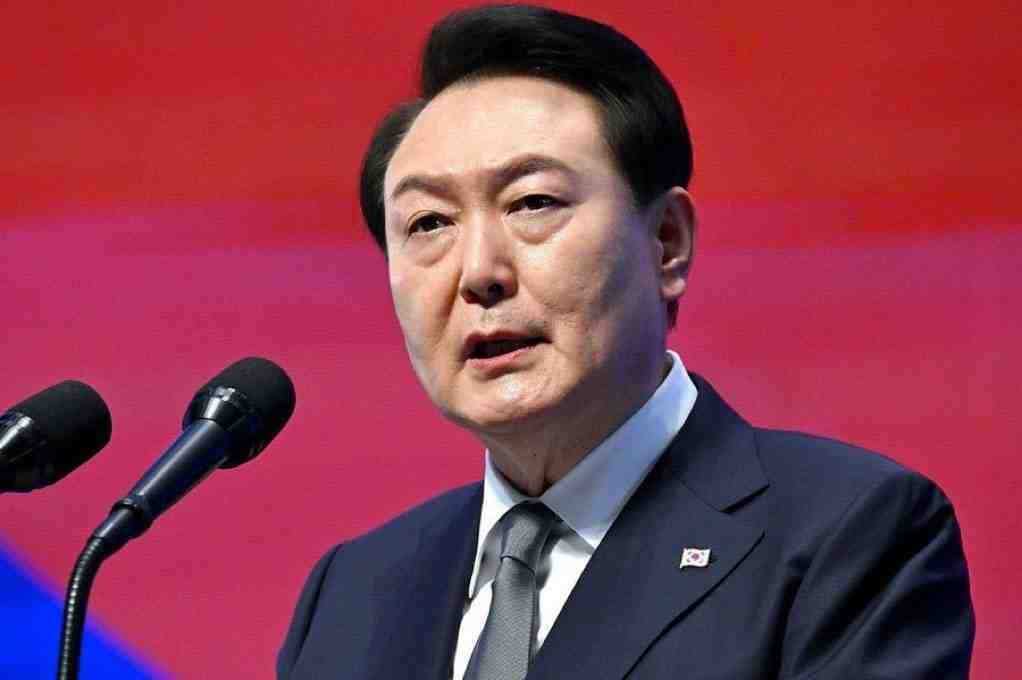South Korean authorities have demanded an arrest warrant for suspended President Yoon Suk-Yeol over his passing of martial law. South Korea’s Joint Investigation Headquarters reported on Monday that it sought Yoon’s arrest on insurrection and misuse of power charges.
The joint investigative team, composed of officials from the Corruption Investigation Office (CIO) for High-ranking Officials, the police, and the Ministry of Defence, said that they appealed for the arrest warrant after the impeached leader ignored three summonses to show himself for questioning.
Now, the Court will make a decision whether to issue a warrant following the request to arrest Yoon, which would be a first in South Korean history. While Yoon is shielded from prosecution for most crimes as a sitting president, he would not be protected from legal consequences in cases of rebellion or treason.
Yun Gap-geun, lawyer for Yoon, told the state-funded Yonhap News Agency that the CIO was acting beyond its authority and he would take “appropriate measures” to respond.
Yoon’s temporary imposition of martial law on December 3 shook South Korea and dragged the East Asian nation into its biggest political crisis of the decade. Yoon has been suspended from his official duties since December 14, when the National Assembly voted for his impeachment in a 204-85 vote.
Yoon, who served as the country’s top-ranking prosecutor before entering politics, is confronting criminal charges of insurrection, an offense punishable by life imprisonment or the death penalty.
Following Yoon’s order, heavily armed forces barged into the National Assembly and clashed with lawmakers that reminded the memories of South Korea’s past military dictatorships.
Prosecutors have accused Yoon of giving orders to the top-ranking defense officials to lend soldiers the power to fire their weapons if necessary to enter the National Assembly.
The state of martial law stayed for about six hours before Yoon ascended to remove the order following a unanimous vote by lawmakers.
Yoon has defended his short-lived martial law declaration as a legal and needed act, stating the threat of “anti-state forces” and oppositionalism by the Democratic Party (DP).
The country’s leadership crisis escalated on Friday after the opposition-controlled legislature voted to also impeach acting President Han Duck-soo and gave executing presidential authority to Deputy Prime Minister and Finance Minister Choi Sang-mok.
The DP and several minor opposition parties voted to impeach Han as he resisted urgently appointing three justices to fill vacancies on the Constitutional Court, which is discussing whether to uphold Yoon’s impeachment.
The court has given up to six months time to make its decision, after which Yoon will either be dismissed from office or restored to the presidency. At its first preparatory hearing on Friday, the court disapproved the request made by Yoon’s lawyers to push back the proceedings to allow the South Korean leader to prepare his case.








